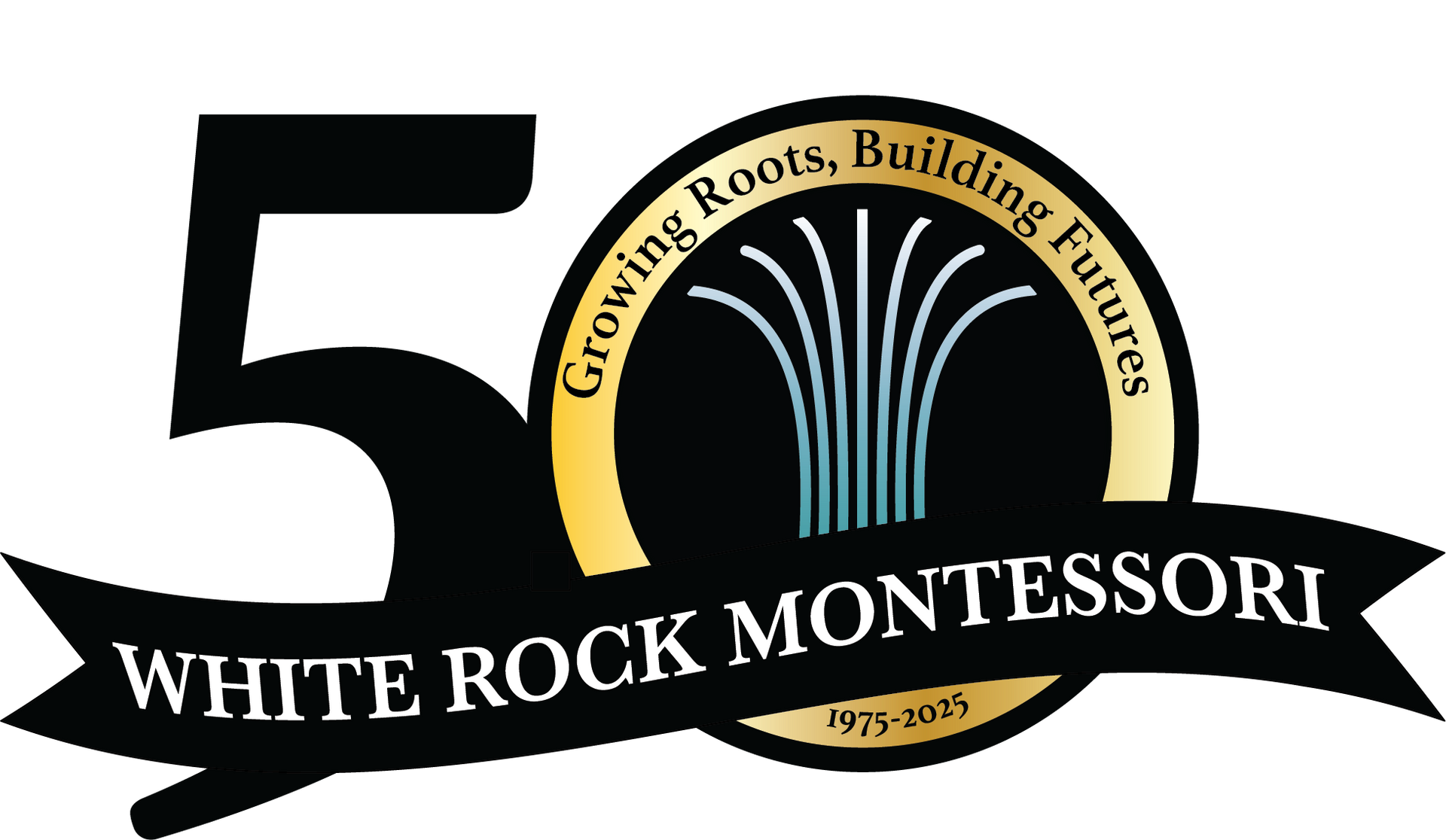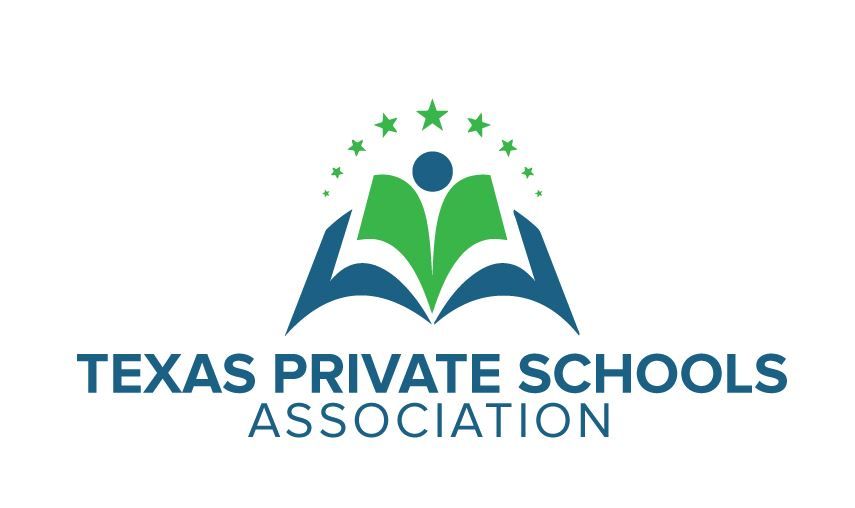Student Support Services

At White Rock Montessori (WRM), we highly value a diverse learning community and strive to create environments where all learners can be academically, socially, and emotionally successful at every level. As part of our comprehensive commitment to meeting the needs of different learners, we have invested significantly in staff training, specialized personnel, and benchmarking efforts to align our practices with current best practices in differentiated learning. The result is a system for documentation, record-keeping, and communication designed to maximize accountability toward students, their families, and outside stakeholders.
“By education I mean an all-round drawing out of the best in the child and man;
body, mind and spirit.”
-Mahatma Gandhi
If your child has a diagnosed learning difference, the WRM Team, composed of the student’s teachers, Lower School Program Director, and Head of School will create a Student Support Plan based on the student’s diagnostic recommendations and/or teacher, parents, or student (where developmentally appropriate) input. The Student Support Plan will list a student’s specific accommodations, as well as strengths, goals, and suggestions for supporting the student at home. Parents are essential in helping to create the plan and are encouraged to share it with relevant third parties.
The Student Support Plan evolves with the child’s abilities over time; updates every 40-45 school days as needed to the document will reflect these changes. Parents will be invited to attend the Student Support Team meetings. WRM will not release the Student Action Plan to other parties. Sharing this information with other entities is at the sole discretion and responsibility of the parent(s)/guardian(s).
The WRM Student Action Plan is equivalent to a 504 plan in public education. A 504 Plan (Rehabilitation Act of 1973) is a plan developed in public education to ensure that a child who has a disability identified under the law and is attending an elementary or secondary educational institution receives accommodations that will ensure their academic and/or behavioral success and access to the learning environment.
WRM does not have an equivalent to an Individualized Education Program (IEP) because that document is intended to qualify students for special services through the public system (FAPE). At our school, that level of specialized intervention is attained privately by individual families or services provided by the School. WRM can make recommendations for math, reading, CALT (Certified Academic Language Therapist), speech, and behavioral therapy and other services. Oftentimes students are served by third party providers on our campus. The school financially supports a CALT at the Primary level for early intervention and a math tutor at the Upper Elementary/Middle School level. The need for such services is determined by the Student Support Team and/or teachers, Lower School Program Director, and/or Head of School. Parents must give permission before any type of services can be delivered to any student.
Our practices are intended to provide the greatest benefits to students so they may thrive in our learning environments. Students benefit significantly when allowed to use prescribed accommodations. The use of accommodations allows students to demonstrate their knowledge on a level playing field with their typically-developing peers. As part of the WRM approach, students will be encouraged to learn more about their learning differences and advocate for themselves in developmentally appropriate ways over the course of their education.
Record-keeping related to accommodations also encompasses progress reports and transcripts. Our records must reflect each student’s capabilities accurately, and this includes notating accommodations or modifications and the specific subject areas in which they were implemented. The notation language provides consistency and transparency in communicating with integrity to receiving schools and advocating for students’ legally protected rights. The language used in our documentation is common vernacular in education today. This language ensures that we are communicating effectively with all constituents, without creating any disadvantages for your child. In many cases, students who are likely to need accommodations in the next phase of their education will require documentation from the prior school, and the Student Action Plan and/or Education Support Summary are ideal for establishing precedence for the student’s use of accommodations. Moreover, experience gained through the Student Support Team process will familiarize students and their families with navigating the equivalent process at larger institutions.
As families prepare to transition successfully into mainstream education, we urge them to identify programs that fit their children’s various learning needs. Programs change year to year; therefore, it is prudent for families to research target schools and have multiple backup plans if applying to competitive programs.




